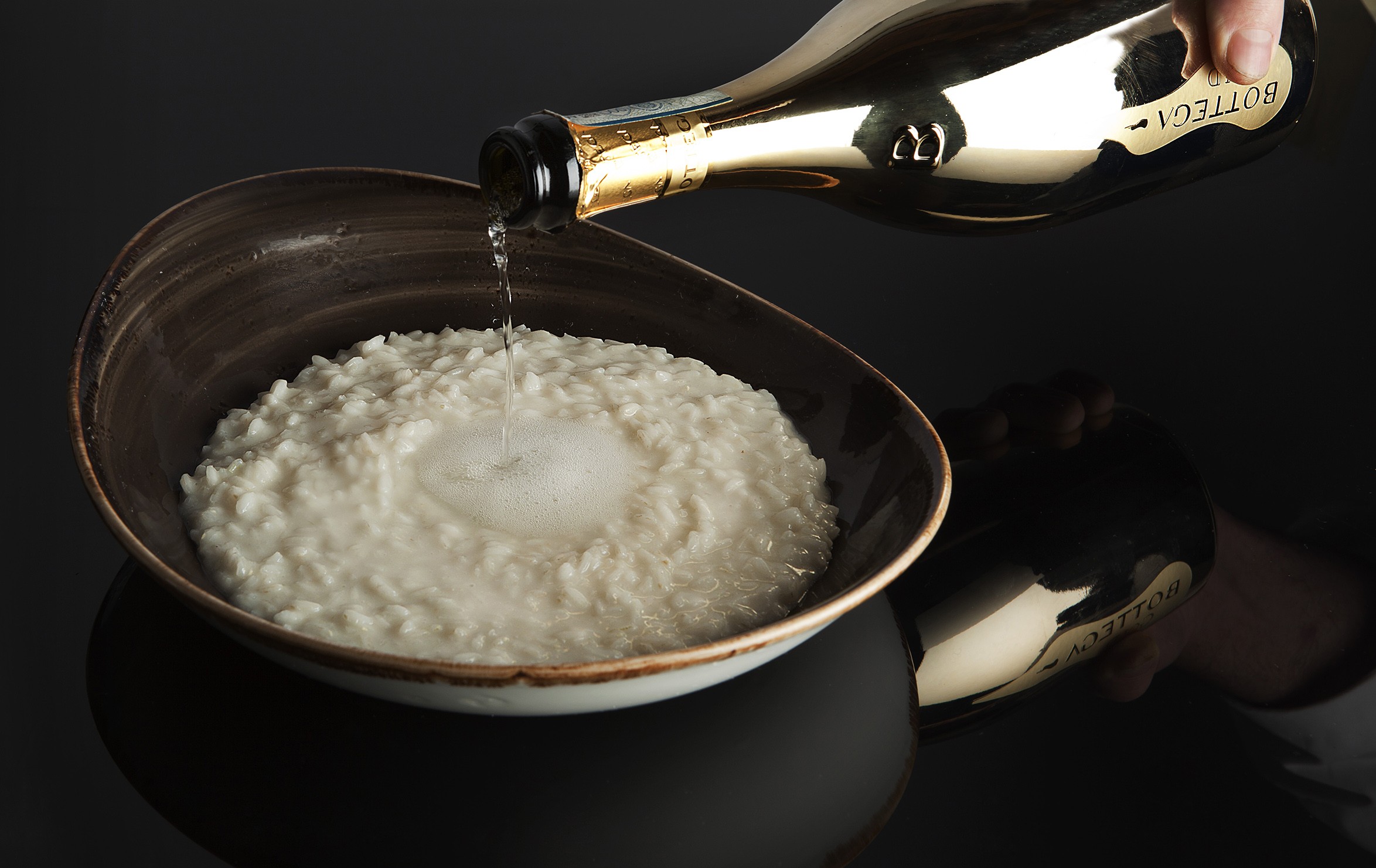Cheap wine tastes better if you pay more
Duping your guests into believing a cheap wine tastes far better is a lot easier than you might think – simply lie about how expensive it is.
According to researchers at the University of Bonn in Germany and the INSEAD Business School, consumers actually enjoy products more if they believe it is more expensive, with their perception of price causing actual chemical changes in the brain.
“Studies have shown that people enjoy identical products such as wine or chocolate more if they have a higher price tag,” said authors Hilke Plassmann (INSEAD) and Bernd Weber (University of Bonn) in the American Journal of Market Research. “However, almost no research has examined the neural and psychological processes required for such marketing placebo effects to occur.”
As part of the study, participants were told they would consume five wines priced at $90, $45, $35, $10 and $5. In reality, subjects consumed only three different wines with two different prices. The perception of price was found to have a significant affect on taste prejudices and how participants rated the wines, rating cheaper wine highly because they believed it was more expensive.
Partner Content
The study concluded that preconceived beliefs about price may create a placebo effect so strong that the actual chemistry of the brain changes.
“Understanding the underlying mechanisms of this placebo effect provides marketers with powerful tools”, said Plassmann and Weber. “Marketing actions can change the very biological processes underlying a purchasing decision, making the effect very powerful indeed.”





This has already been well documented in ‘The Wine Trials’ which was published in 2008. It is surprising that most in the wine industry in the UK are unaware of this simple, yet seminal book.